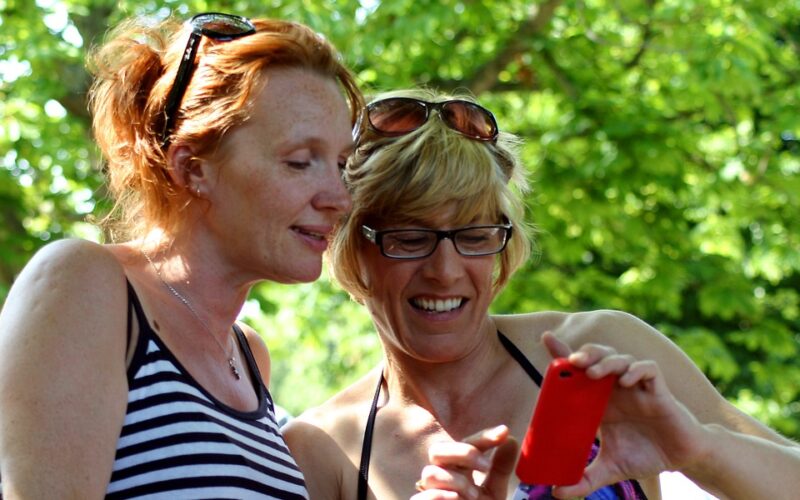Overcome Differences In Character
Every couple faces challenges, and one of the common struggles is navigating differences in character. Opposite personalities can sometimes clash, but they can also complement each other in meaningful ways. Learning to address these differences rather than allowing them to drive a wedge between you can ultimately strengthen your relationship.
Understand and accept each other’s differences
The first step in overcoming character differences is recognising that no two people are the same. Whether one partner is introverted and the other extroverted, or one is more detail-oriented while the other focuses on the bigger picture, these contrasts are natural and can even be positive. Accepting your partner for who they are, rather than trying to change them, establishes a foundation of mutual respect.
Instead of viewing these differences as obstacles, try to see them as opportunities to learn from each other. This shift in perspective can create a more harmonious dynamic and foster goodwill in the relationship.
Communicate openly and honestly
Effective communication is essential for navigating differences in character. Couples often fall into the trap of assuming their partner "should know" what they’re thinking or feeling. This can lead to misunderstandings, resentment and unnecessary conflict.
Take the time to express your thoughts and feelings clearly, and listen actively when your partner does the same. Acknowledge their viewpoint, even if you don’t agree with it. This open line of communication makes it easier to bridge the gap between contrasting personalities and creates a safe environment for handling any differences that arise.
Find common ground
While differences in character can seem vast, it’s important to focus on shared values and goals. What brought you together in the first place? Perhaps you both value family, have similar long-term aspirations, or share a love of travel.
Identifying these areas of commonality can give you a strong foundation to build upon. It’s also helpful for redirecting focus during disagreements. When tensions arise, reminding each other of your shared priorities can ease friction and help you work through differences constructively.
Celebrate your unique strengths
Your differences are not just challenges—they can also be assets. For instance, if one partner is more level-headed in stressful situations, while the other tends to react emotionally, these traits can balance each other out. Similarly, an extrovert can encourage an introvert to step out of their comfort zone, while the introvert might offer the extrovert a calming perspective.
Celebrate these unique strengths and take pride in how they enhance your relationship. By viewing your differences as complementary rather than competing, you can foster a greater sense of teamwork.
Build a system for compromise
Healthy relationships often require a balance of compromise. If both partners are willing to give a little, neither will feel overlooked or undervalued. This is especially important when tackling differences in decision-making styles, communication preferences, or approaches to conflict resolution.
Discuss issues openly and aim for solutions that satisfy both of you. For example, if your social butterfly partner wants to spend more time out and about while you prefer quiet evenings at home, consider alternating activities. These small concessions demonstrate care and consideration, which strengthens your bond.
Seek external support if needed
Sometimes, despite your best efforts, navigating differences in character may feel overwhelming. This doesn’t mean your relationship is doomed—it simply means you might benefit from an outside perspective.
Couple’s counselling or relationship workshops offer valuable tools and insights for managing personality clashes. A neutral third party can help both partners better understand each other and provide strategies to improve your communication and connection.
Building a stronger bond through your differences
Differences in character don’t have to weaken a relationship; they can make it richer, deeper and more rewarding. By practising patience, communicating openly, and focusing on your shared values, you and your partner can turn these challenges into opportunities for growth.
Remember, every relationship requires effort and understanding. By working together to bridge your differences, you’ll not only overcome obstacles but also build a stronger, more resilient partnership.










